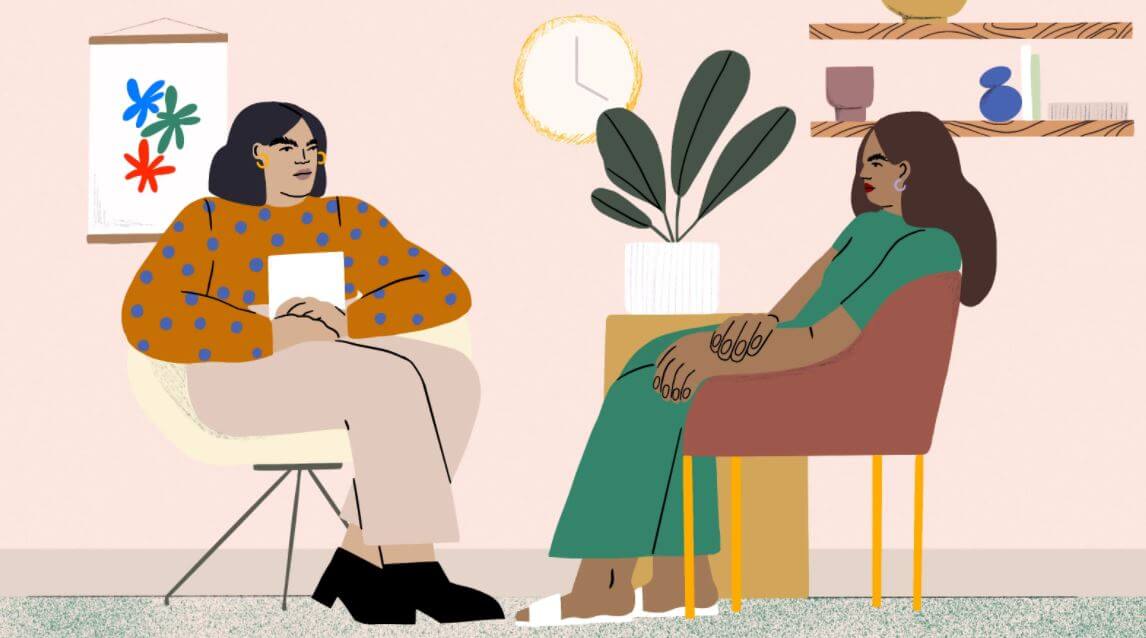We often hear about musicians, writers, and other creative people’s struggles with addiction and substance abuse. Do creative people have more problems with addiction, or do we just hear about them more?
Addiction can alter a person’s behavior and cause a plethora of emotional, psychological, and physical symptoms. Substance use disorder can interfere with social life and daily routines. If you or someone you know suffers from substance use disorder, it is important to seek help. Check out BetterHelp.com to learn about cognitive psychotherapy, how it works, and how to find a therapist.
Creativity and Addiction
People often believe that abuse of substances can increase creativity. There is also a belief that creative people are more prone to addiction. Are there connections between creativity and substance use and abuse?
More research needs to be completed, but there are some studies on the effects of cannabis and LSD on creativity. Cannabis and LSD both alter perception and are often linked with creativity in popular culture. Cannabis, or marijuana, provides users with a sense of relaxation, increased appetite, altered perception of time, and heightened sensory perception.
One study looked at the ways that cannabis affected divergent thinking. They found that lower doses of THC, the primary chemical responsible for the effects of cannabis, did not substantially impact creativity or divergent thinking. High doses of THC seemed to decrease divergent thinking and, therefore, could have a negative impact on creativity.
LSD produces a psychedelic state with altered perceptions. A study in Japan looked at the impact that LSD had on creativity. They did this using neuroimaging. The researchers found that LSD may induce decreased restraint in the brain, but it also decreased the ability to organize and differentiate between conscious thoughts and experiences. This would suggest that the ability to apply the altered perceptions would be impaired.
So, the research tends to suggest that substances do not increase creativity. However, are creative people more likely to abuse substances? There is evidence that suggest that creatives are more prone to addiction, but there are also experts that disagree.
Some argue that creative people may be more prone to mental illness or extreme emotion which could lead to substance abuse. However, others believe that the only link is through the commonality of substance abuse disorder among professions that require creativity.
Predisposition to addiction is largely genetically determined and even though there is no single gene that makes someone prone to addiction, the genetics do seem to offer less dopamine release for pleasurable activities. This may be linked with compulsive and risk-taking behavior, which is not linked directly to creativity, but may make creativity easier to achieve.
So, are creativity and addiction linked? Well, that is not entirely clear, but it seems that they are not directly connected. However, the predisposition for addiction and traits that promote creativity may actually be connected, although more research will need to be completed to fully understand the causal connection, if there truly is one.
Cognitive Behavioral Therapy for Addiction
Addiction is pattern behavior that fights the things that a person truly desires to do or accomplish. Someone may truly want to stop consuming alcohol, drugs, or behaviors that are causing problems in their life, but they may not be able to do so.
Cognitive behavioral therapy, or CBT, is a way to attach the thought patterns that may be at the root of substance use disorder. The thought patterns can lead to negative feelings including anxiety and depression which may also contribute to addiction.
When CBT is used for addiction, it focuses on triggering thoughts and feelings that lead someone to consume substances. The substance abuse behavior is a result of the thoughts and emotions that precede it. Once the thought patterns are properly identified, they can be addressed for lasting change. This approach may help someone look at their situations in a different, more logical way.
Then, they can also reward themselves with healthier behaviors that can replace the harmful ones like taking drugs or drinking alcohol. Then, these healthier behaviors can become associated with positive emotions.
There are many benefits to CBT including the identification of negative thought patterns and finding new, healthy ways to copy with those patterns. CBT can help a person develop new ways to handle stress and how to apply those skills in their everyday lives. Research indicates that CBT can be effective in addiction recovery and maintenance.
Typically, cognitive behavioral therapy will have to be at least 12 sessions long, but for some people it may take longer to be effective. CBT is generally short term because it focuses on the problems that are immediately impacting a person’s life.
Final Thoughts on Creativity and Addiction
The link between creativity and addiction is not fully understood and some people believe that the connection is nonexistent. However, there may be an indirect connection between the two. Substance use disorder can be effectively treated and if you or someone that you know is suffering with addiction issues, then it is a good idea to seek the help of a mental health professional.
Image Courtesy: allure.com
